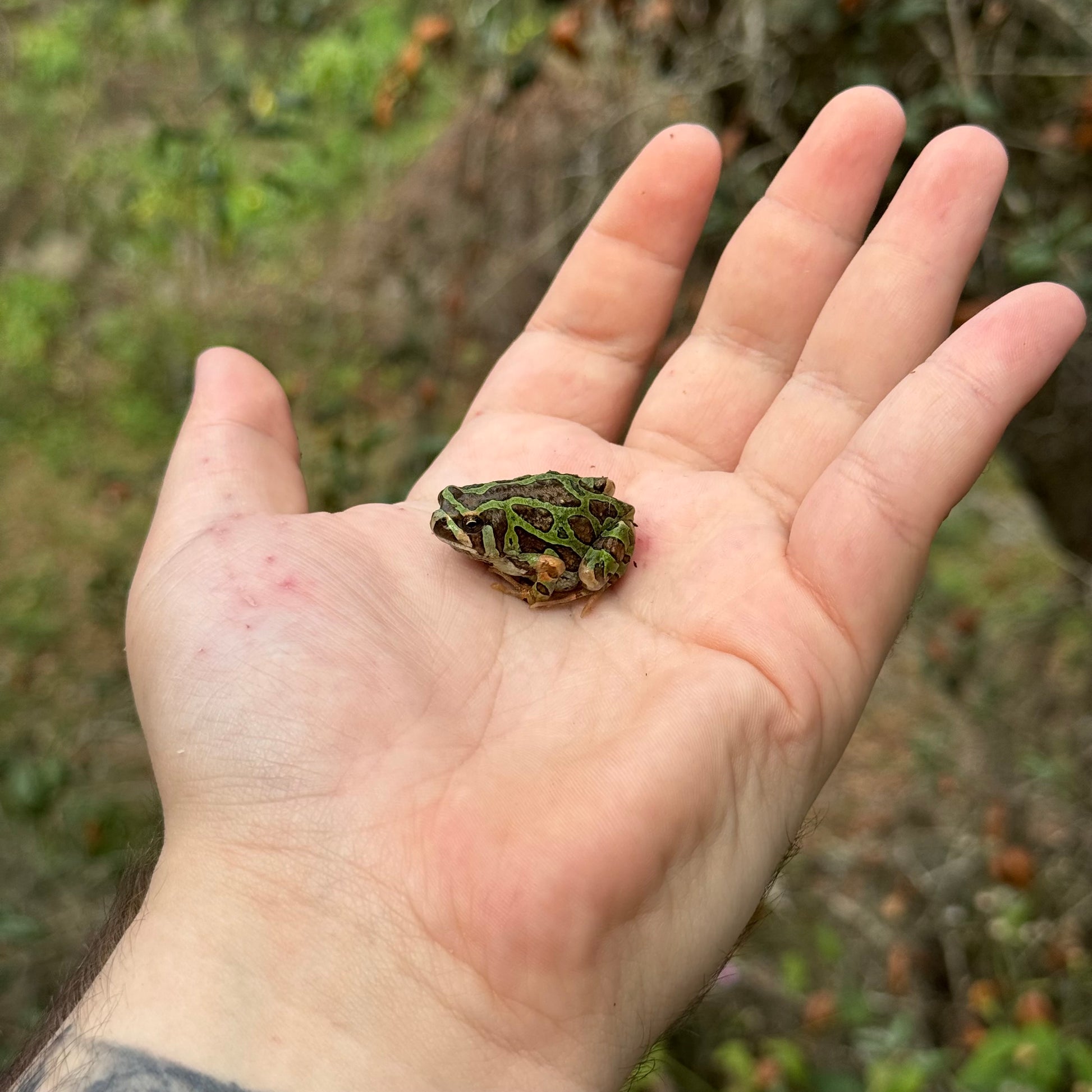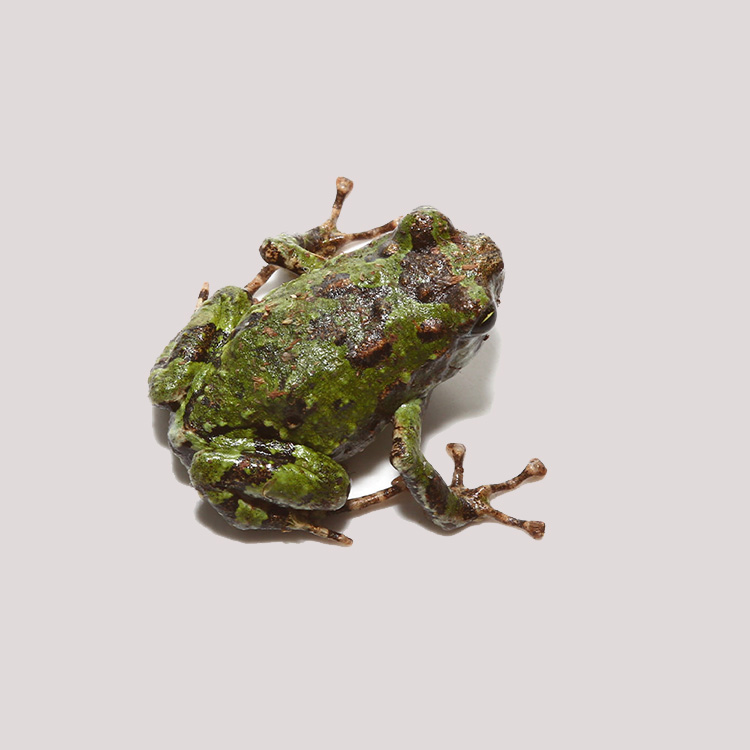Common Wellness Issues in Reptiles: Signs And Symptoms and Solutions
In the complex globe of reptile care, recognizing the typical health concerns that may impact these distinct animals is critical in guaranteeing their wellness. Whether it's grappling with parasitical invasions, navigating dehydration worries, or dealing with skin conditions that manifest in subtle means, being attuned to the symptoms and outfitted with the knowledge of efficient solutions is necessary for any reptile proprietor.
Breathing Infections
Breathing infections in reptiles can substantially affect their general health and require punctual interest from experienced vets. In reptiles, respiratory system infections can be specifically challenging to diagnose and deal with due to their one-of-a-kind composition and physiology.
Treatment for respiratory infections in reptiles typically entails a mix of helpful care, such as keeping appropriate moisture degrees and temperature slopes in the room, as well as targeted drug to attend to the particular pathogen liable for the infection. It is vital for reptile owners to monitor their pets very closely for any indicators of breathing distress and look for veterinary treatment at the earliest indication of a concern. With timely treatment and suitable therapy, lots of reptiles can recover completely from respiratory infections and return to normal activities.

Metabolic Bone Disease
What aspects add to the development of Metabolic Bone Disease in reptiles?
Metabolic Bone Disease (MBD) in reptiles is mainly triggered by a lack of appropriate calcium, phosphorus, and vitamin D3 levels in their diet plan. Furthermore, insufficient direct exposure to UVB light avoids reptiles from manufacturing vitamin D3, which is important for calcium absorption and bone health and wellness.
Insufficient moisture levels can additionally affect a reptile's capacity to metabolize calcium successfully. Regular vet check-ups, correct husbandry practices, and a well balanced diet are crucial to stop Metabolic Bone Illness in reptiles.
Parasitical Problems
Parasitical problems pose a substantial health and wellness risk to reptiles, influencing their overall health and requiring timely vet attention. Reptiles can be influenced by various bloodsuckers, consisting of termites, ticks, internal worms, and protozoa. These bloodsuckers can create a series of signs and symptoms, such as weight management, sleepiness, skin irritation, looseness of the bowels, and also death if left without treatment.
One usual parasite discovered in reptiles is the mite, which can create skin irritation, anemia, and anxiety. Ticks are another outside parasite that can cause and transmit diseases discomfort to the reptile. Interior parasites like worms and protozoa can cause digestive system check out here concerns, malnutrition, and weaken the reptile's immune system.
To diagnose a parasitic infestation, a veterinarian might carry out fecal examinations, skin scrapings, or blood examinations. Treatment frequently includes deworming medicines, antiparasitic bathrooms, or in serious cases, hospitalization. Preventative procedures such as regular vet exams, correct hygiene, and quarantine treatments for new reptiles can aid reduce the risk of parasitical problems and guarantee the wellness of reptile family pets.
Dehydration and Hydration Issues
Dehydration in reptiles can substantially impact their health and health, requiring prompt intervention and proper hydration management. Reptiles are susceptible to dehydration as a result of different factors such as inadequate water consumption, high ecological temperatures, and certain health conditions. Signs and symptoms of dehydration in reptiles include sunken eyes, lethargy, loss of skin elasticity, and minimized peeing. Dehydration can lead to major health and wellness issues and even be fatal to the reptile - rain frog for sale. if left untreated.
To prevent dehydration, reptile owners need to guarantee that their animals have accessibility to clean water whatsoever times. The water meal must be large sufficient for the reptile to take in if required, particularly for varieties that take in water through their skin. Additionally, keeping appropriate humidity degrees in the reptile's room and offering regular baths can assist avoid dehydration.
In instances of dehydration, it is essential to seek vet care immediately. A vet may provide fluids either orally or with injections to rehydrate the reptile. It is necessary to resolve the underlying source of dehydration to avoid recurrence and make sure the reptile's general wellness.
Skin Disorders

Final Thought

Respiratory infections in reptiles can significantly affect their overall health and wellness and require timely focus from knowledgeable vets (rain frog for sale). Preventative procedures such as regular veterinary check-ups, proper hygiene, and quarantine treatments for brand-new reptiles can assist reduce the threat of parasitic infestations and ensure the wellness of reptile pet dogs
If left neglected, dehydration can lead to significant health concerns and even be fatal to the reptile.
On a regular basis examining your reptile for any type of adjustments in skin appearance, texture, or color can aid in early detection and therapy of skin ailments, advertising the general health Check Out Your URL and wellness and health of your flaky friend. - rain frog for sale
In verdict, reptiles are susceptible to numerous health and wellness problems such as respiratory infections, metabolic bone disease, parasitical problems, dehydration, and skin disorders.
Comments on “Rain Frog for Sale: Open the Elegance of Nature with Your Own Amphibian Companion!”